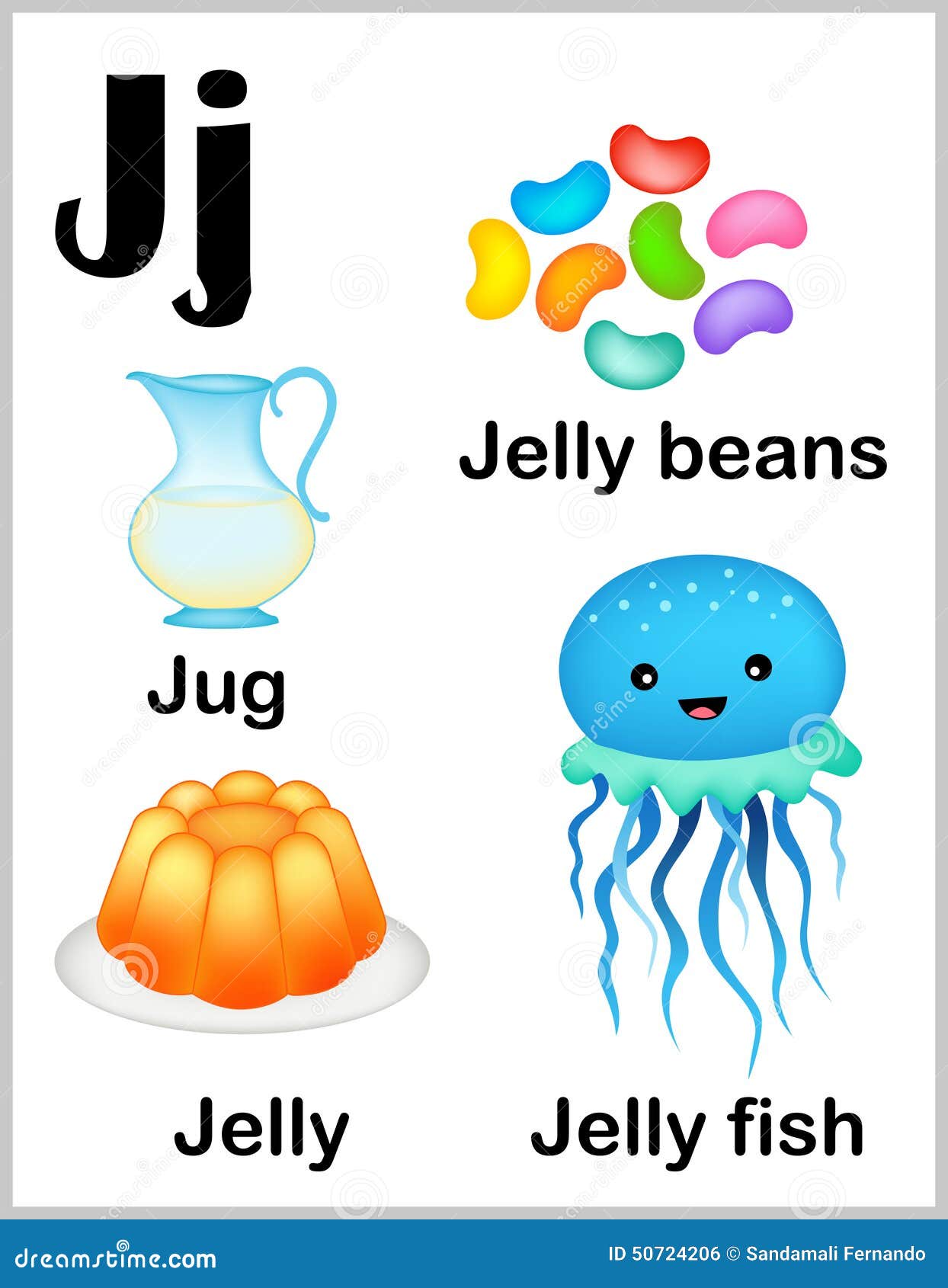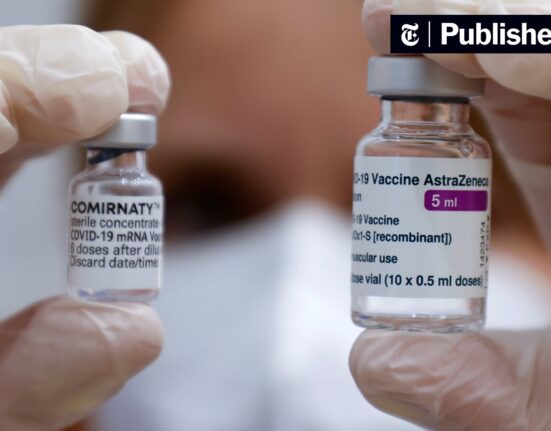Johnson & Johnson (J&J) is on a mission to broaden the horizons of prostate cancer treatment with its drug, Akeega. Originally approved in 2023 for metastatic castration-resistant prostate cancer (mCRPC), J&J now seeks to extend Akeega’s reach to patients battling metastatic hormone-sensitive prostate cancer (mHSPC).
The European Medicines Agency (EMA) has received an application from J&J to expand Akeega’s indication, combining niraparib and abiraterone acetate to combat this form of prostate cancer. This move follows promising results revealed at the recent American Society of Clinical Oncology (ASCO) conference.
Akeega stands out as a viable option for patients who have not responded well to traditional testosterone-lowering treatments or those with BRCA 1/2 mutations, a subset of homologous recombination repair (HRR) mutations that do not qualify for chemotherapy. By blending GSK’s PARP inhibitor Zejula (niraparib) with J&J’s androgen blocker Zytiga (abiraterone), Akeega offers a dual-action approach targeting DNA repair and inhibiting androgen production.
In the Phase III AMPLITUDE trial, Akeega demonstrated impressive efficacy by reducing the risk of tumor progression or death by 37% compared to Zytiga. This marks a significant advancement in prostate cancer treatment, particularly for individuals with HRR gene alterations who often face limited options and poorer outcomes.
Henar Hevia, EMEA therapy area head of oncology at Johnson & Johnson Innovative Medicine, emphasized the importance of tailored treatments:
“With this submission to the EMA, we have the opportunity to offer patients with HRR-mutated mHSPC a treatment specifically targeted to the underlying biology of their disease.”
While Zytiga once boasted global peak sales reaching $2.5 billion annually before facing competition from generics, projections indicate that Akeega could generate revenue amounting to $178 million by 2031. Despite this forecasted growth, most of J&J’s revenue in the prostate cancer sector is anticipated to come from Erleada (apalutamide), which is estimated to achieve annual sales totaling $5.3 billion by 2031.
The landscape of prostate cancer treatment is fiercely competitive, with other players like AstraZeneca and MSD offering Lynparza (olaparib) for men with specific mutations as well as Pfizer introducing Talzenna (talazoparib) in combination with Xtandi for certain patient populations.
As advancements continue in developing targeted therapies like Akeega, patients can look forward to more personalized approaches tailored to their unique genetic profiles and disease characteristics.









Leave feedback about this